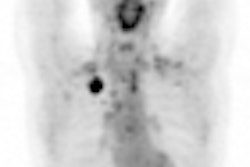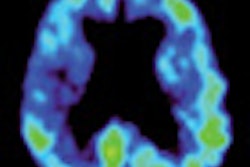Nuclear cardiology laboratories that participate in the Intersocietal Commission for the Accreditation of Nuclear Medicine Laboratories (ICANL) accreditation process have greater compliance with reporting standards, according to a study published June 19 in the Journal of Nuclear Cardiology.
However, the study also showed that a majority (57%) of nuclear cardiology facilities are in noncompliance with more than one of the required reporting standards. The findings also detailed why laboratories are more likely to be noncompliant, and which U.S. regions have the highest noncompliance rates.
Lead study author Dr. Peter Tilkemeier, from Miriam Hospital and Brown University, and colleagues found that the ICANL accreditation process has a significant positive impact on quality. The continuous improvement is partly due to the laboratories heeding feedback from their accreditation reviews and integrating the recommendations into their daily processes.
Tilkemeier added that accredited facilities are more likely to provide referring physicians with the accurate, standardized information they need to provide quality patient care, reducing the need for unnecessary and repetitive testing.
In the recent study, site characteristics and the 18 elements of the ICANL nuclear reporting standards were evaluated in 1,301 laboratories applying for accreditation during a one-year period, beginning January 1, 2008.
Of the 18 report elements, the most frequent noncompliant items were missing date of report (26.4%), separate stress and imaging reports (23.6%), missing the route of administration of radiopharmaceutical (22.8%), and no mention of heart defect size, severity, type, and location using standardized terminology (defect quantification) (19.8%).



















